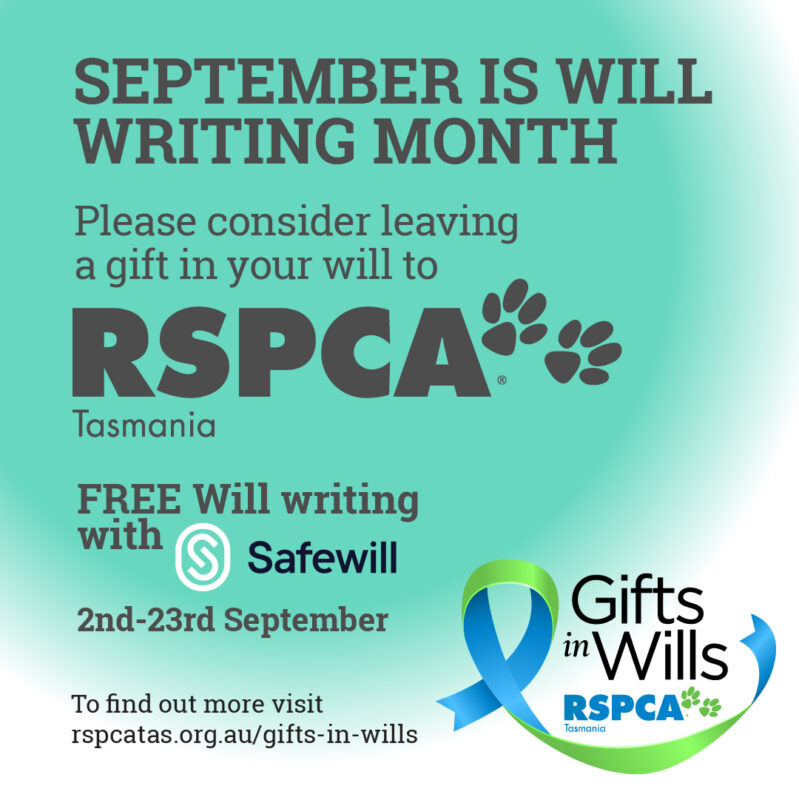In the first week of March, the government-declared ‘open season’ on native ducks will once again start in Tasmania. Over three months, across the state native ducks will be blasted out of the skies in the name of sport.
Five species of native ducks are literally fair game under these rules – and three of these species mate for life.
According to official figures, almost 50,000 ducks were shot during the season last year. Some of these ducks will be killed outright. Some will be wounded, brought down and killed on retrieval. Many others will be crippled or wounded and will die within a few hours or days. Some will suffer prolonged pain before they die.
Recreational duck shooting was banned in Western Australia in 1990, NSW in 1995, and in “The RSPCA opposes the recreational hunting of ducks because of the inherent and inevitable pain and suffering it causes”, according to RSPCA CEO, Jan Davis.
“There are relatively few hunters compared to the general population– in fact, only 2 in 1000 people in Tasmania are licenced to shoot ducks. We believe there is little community support for shooting native animals that form lifelong bonds just for sport,” Ms Davis said.
“There are relatively few hunters compared to the general population– in fact, only 2 in 1000 people in Tasmania are licensed to shoot ducks. We believe there is little community support for duck shooting to continue – and yet the state government is reluctant to prohibit it,” Ms Davis said.
A study undertaken in Victoria showed that claims that duck hunting – or any recreational hunting – contributed significantly to the economy were false. They assume that without hunting any related expenditure would be lost. On the contrary, the research showed that if duck hunters were prevented from hunting ducks they would go fishing, hunt other species, or go camping. And there would be no impact on expenditure from a duck hunting ban. Revenue from non-hunting tourism was shown to be far more important. In fact, more than half of survey respondents would be less likely to holiday in an area with duck hunting. As Tasmania relies so heavily on eco-tourism, we’d expect that to be even more so here.
Australia’s climate is getting hotter and drier. Water birds are finding it harder and harder to find a safe habitat. Ducks that have been sensibly protected on the mainland will migrate to Tasmania, only to be slaughtered in their tens of thousands.
“As Tasmanians, we pride our state on being “clean and green” – and our island should be a sanctuary for wildlife,” Ms Davis said.
“RSPCA Tasmania believes we need to follow the lead of other compassionate states and ban the inhumane and unsustainable slaughter of wild ducks.”
MEDIA CONTACT
Jan Davis, CEO – RSPCA Tasmania
Mobile: 0409 004 228
Email: jdavis@rspcatas.org.au
























